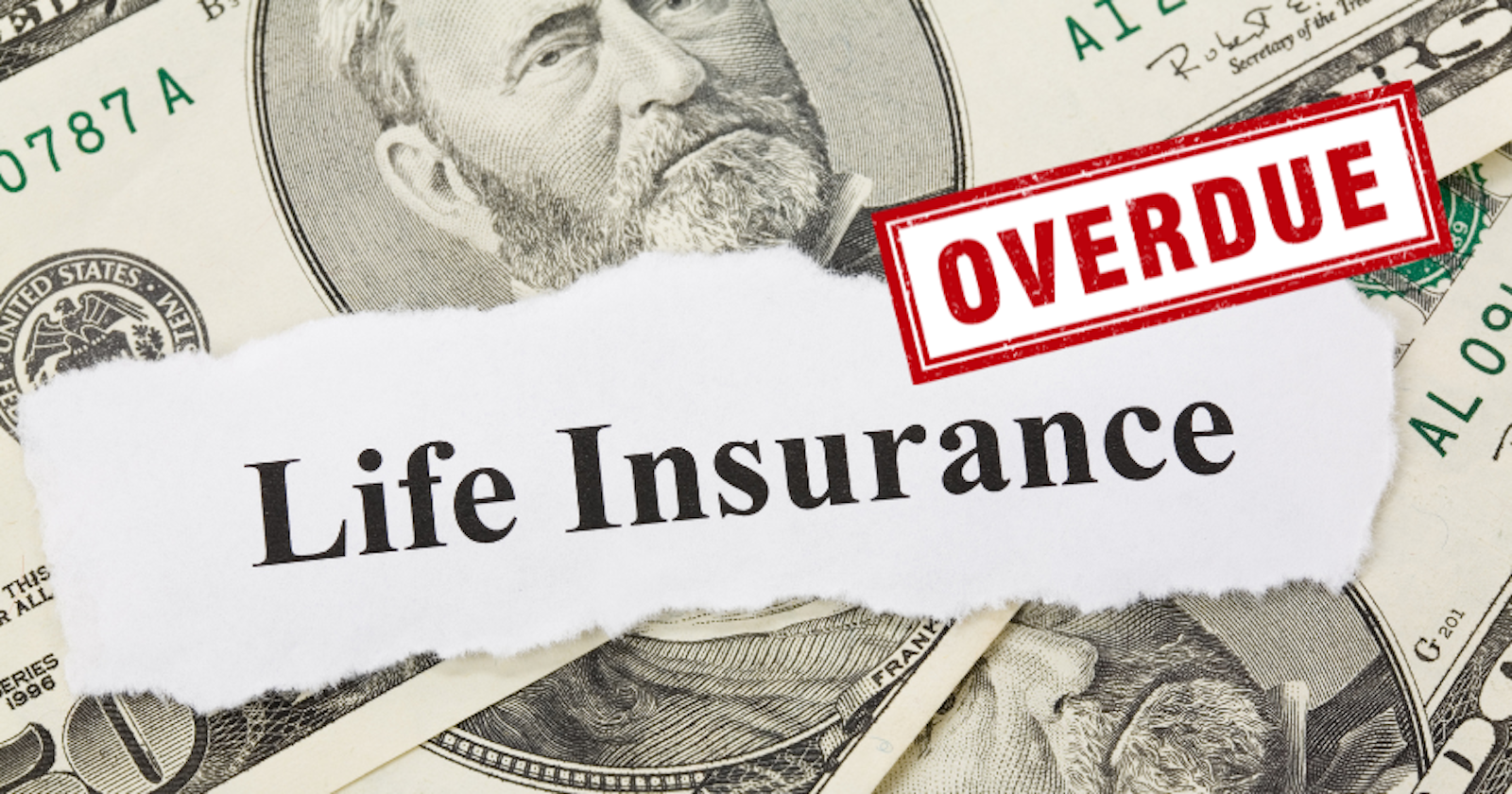

Life insurance provides financial security, but what happens if you miss a payment or stop paying altogether? The answer depends on the type of policy you have—term or whole life—and how long you've had it.
Let’s break it down so you know exactly what to expect if your payments stop.
If you have a term life insurance policy, stopping payments means your coverage will lapse after the grace period (typically 30-60 days).
👉 What Happens?
Whole life insurance is different because it builds cash value over time. If you stop paying, you might have several options, depending on how long you've had the policy.
👉 What Happens?
Most insurers offer a grace period (usually 30 days) where you can make a late payment without losing coverage.
The sooner you act, the better your chances of reinstating coverage without major hurdles.
If you’re struggling to make payments, consider options like adjusting coverage, using cash value, or switching to a more affordable plan before letting it lapse completely.
Life insurance is meant to provide financial protection for your loved ones. Before stopping payments, explore your options:
✔️ Contact your insurer to discuss payment flexibility.
✔️ See if your cash value can temporarily cover premiums.
✔️ Consider switching to a lower-cost policy instead of losing coverage entirely.
A little planning now can keep your safety net intact when your family needs it most.